When you want hot water for a shower, to run a load of laundry, or to wash your dishes, you are using your water heater.
Water heaters are familiar fixtures in most homes and typically look like big metal cylinders, often found in a laundry area or basement. A homeowner probably doesn’t spend a whole lot of time thinking about their water heater, and that’s a good thing. As long as it’s producing hot water there’s really not much you need to do, but you should have a basic understanding of how these units work. Let’s explore water heaters.
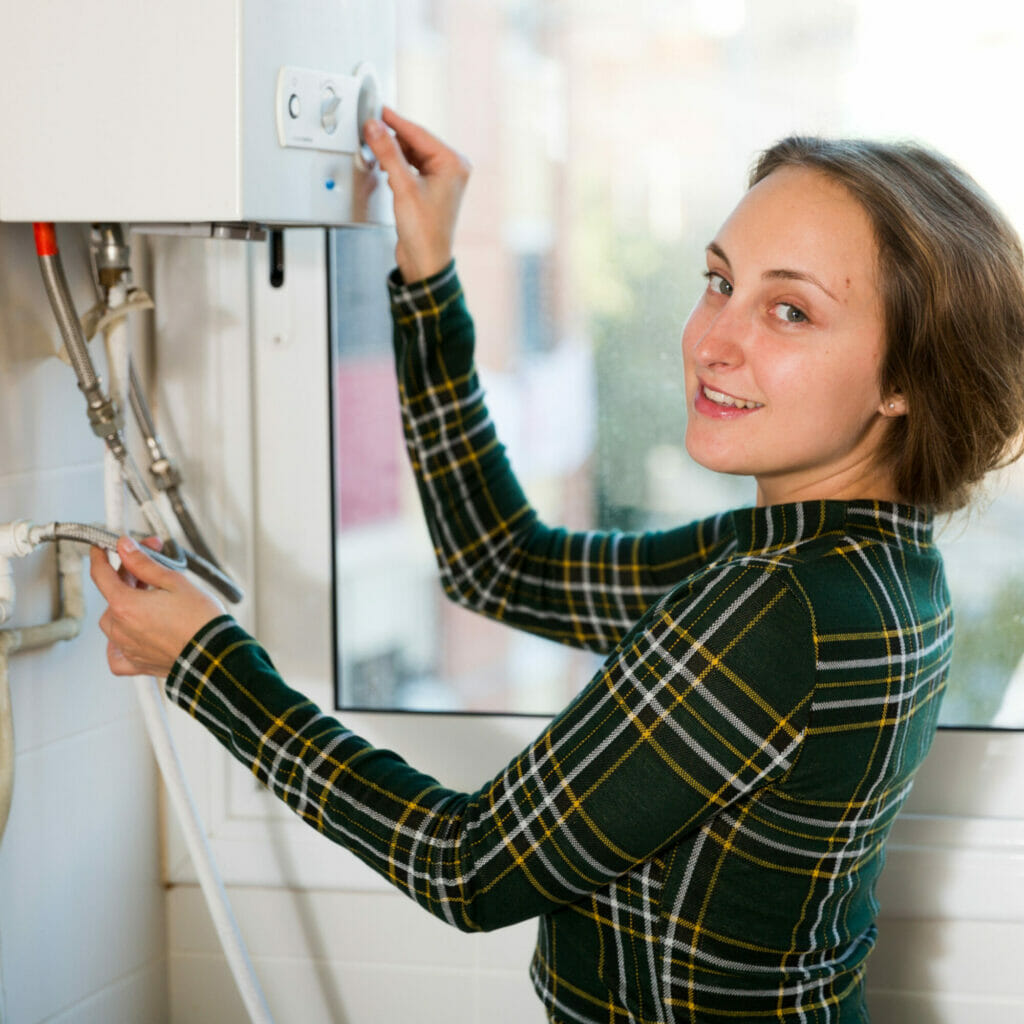
Inside the Unit
The different parts working together to produce the hot water you need are common to both electric and gas water heaters with just a few differences.
Water Heater Components
Tank – a heavy metal insulated tank containing a water protective liner, because tanks come in varying sizes a tank can hold 20 to 80 gallons.
Dip Tube – This is where the cold water from your home’s water supply (municipal, well, or any other source) enters the tank and travels to the tank bottom where the water is heated.
Heat Element or Gas Burner – Dependent on the type of heater you purchase, determines which heating mechanism is used. A natural gas heater uses a gas burner system. An electric heater uses a heating element. Both mechanisms are inside the tank and its primary function is to heat water.
Thermostat – a temperature-control device outside the tank that allows you to measure and adjust the water temperature.
Heat out pipe – This pipe is located at the top of the tank and its sole purpose is to bring hot water out of the tank to the hot water service line. Providing you continuous hot water for your hot water needs.
Valves – various valves individually explained below:
- Drain Valve – The drain valve is located near the bottom, outside of the tank and is used to drain out sediment that builds up inside the tank.
- Shut-off Valve – a shut-off valve does what the name states, shuts off the flow of water into the tank.
- Pressure Relief Valve – relief valve prevents pressure from building up to a dangerous level
How Does a Water Heater Actually Work?
Every time you shower, wash the dishes, or do a load of laundry, your water heater is bringing you enough hot water through the pipes to service your water needs. Let’s take a closer look at how all these components work together and bring you that hot water.
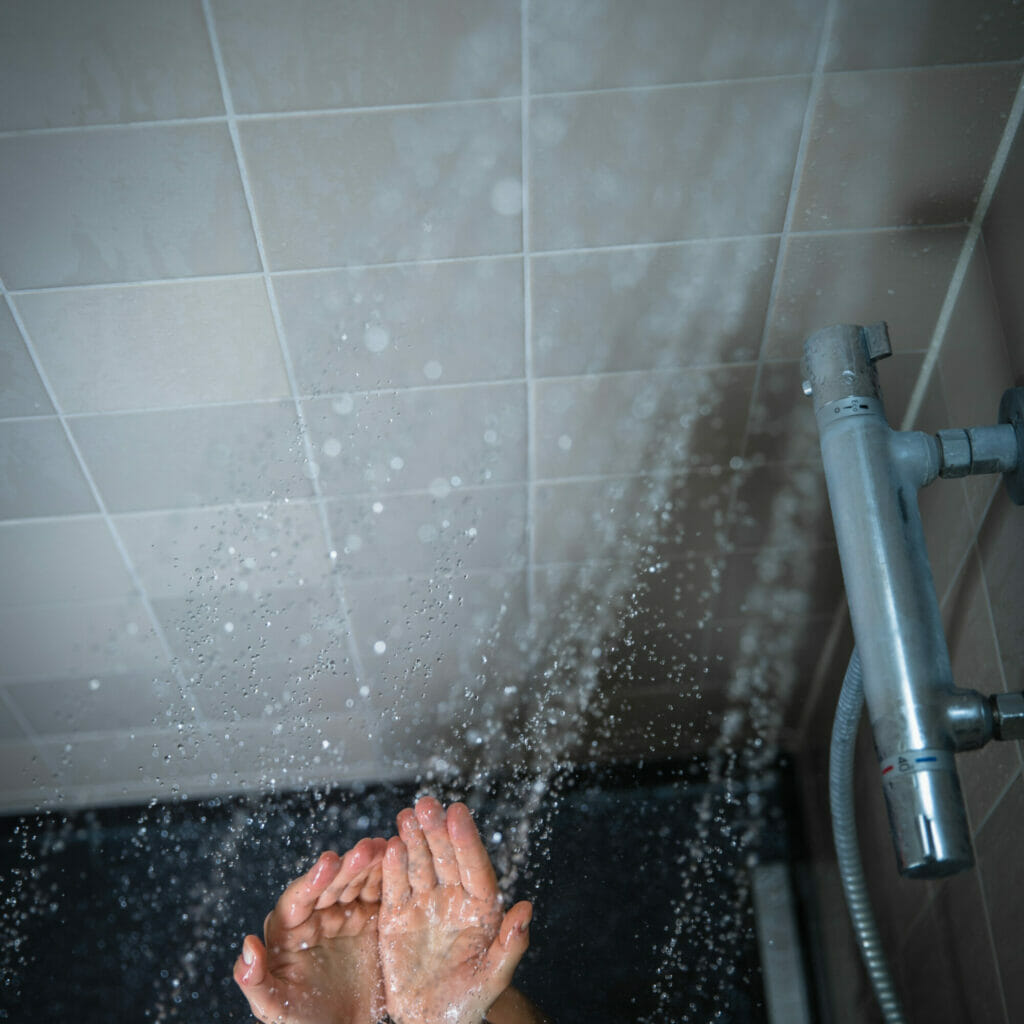
A water heater’s thermostat controls the temperature of the water inside the tank. As the water heats, it rises to the top of the tank.
When hot water is called for at a faucet or appliance, heated water is pumped out the top of the tank and through the home’s hot-water supply pipes.
An adjustable thermostat regulates and maintains a consistent water temperature. A pressure-relief valve prevents an excessive buildup of pressure inside the tank. As the water level drops in the tank, it’s automatically refilled with cold water, and the whole process starts over again.
How Long Do Water Heaters Last?
The average lifespan of a water heater is dependent on the type of system you have. However, the type of water in your local area will also have an impact on your heating system. There are a few factors that can affect a water heater’s lifespan, both positively and negatively.
Quality of Water
If you’re unit is heating hard water more frequently, its lifespan will most likely be reduced. Hard water contains minerals that can build up limescale in your water heater, reducing its efficiency and quality.
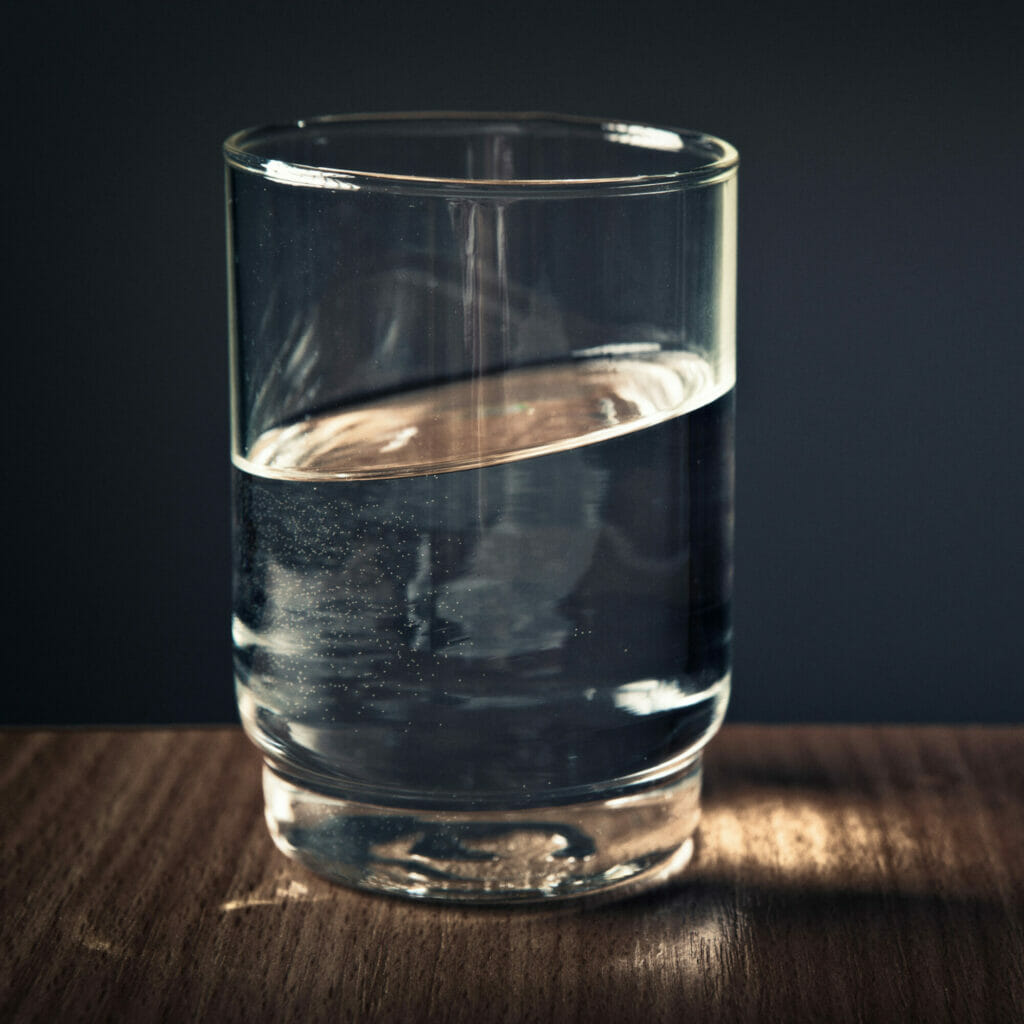
Maintenance
If you fail to do repairs and maintenance frequently, your heater may end up failing after a few years.
Fuel Source
Water heaters can use electricity or natural gas. Electric-powered water heaters tend to last longer than gas-powered water heaters.
Location Location Location
If you install your heating unit in a cold crawl space, the heater will work harder to heat and maintain the desired temperature of the water.
When to Buy a New Heater
For most homeowners, hot running water is a luxury not often thought about. However, homeowners should always be proactive in maintaining their water heaters and knowing when to replace the water heater altogether. Regardless of what type of water heater is installed, over time, it will corrode with age.
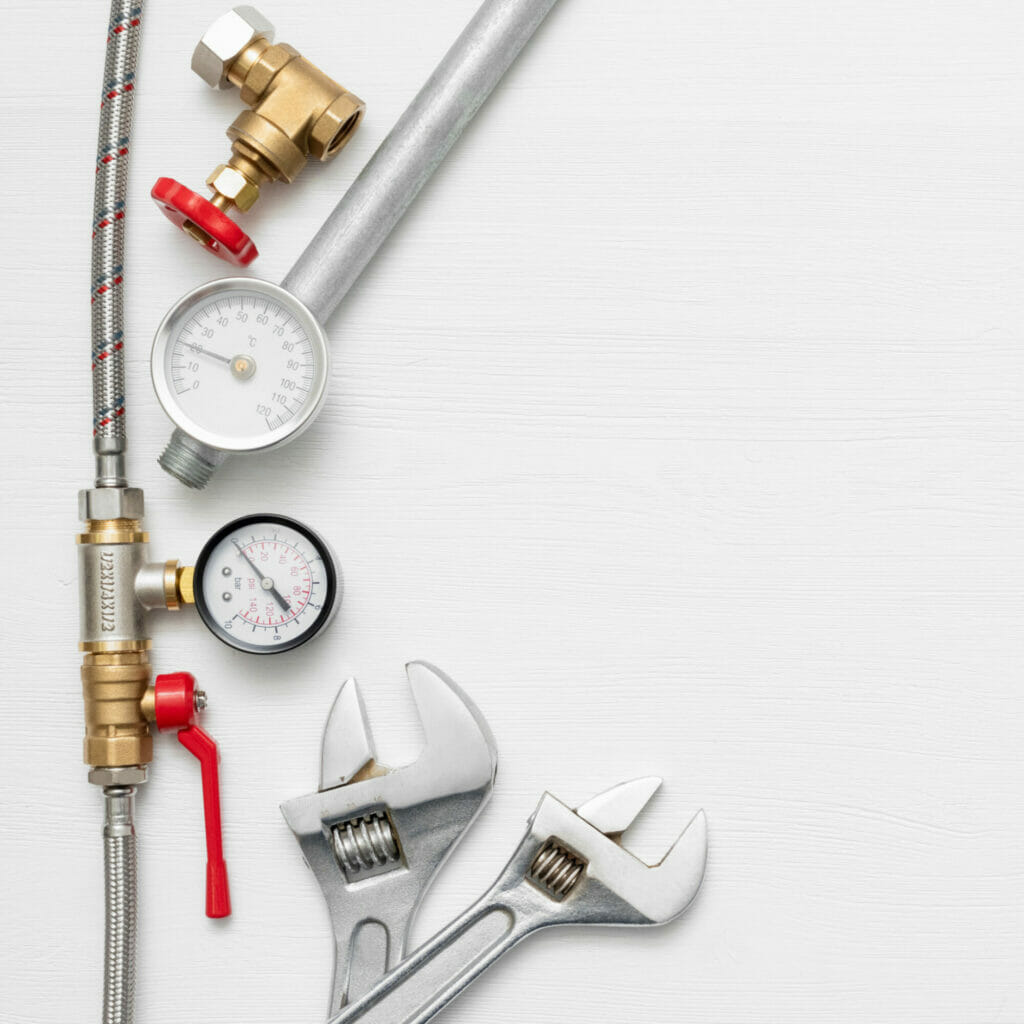
Common signs to watch for are banging or rumbling noises due to sediments at the bottom of the tank, cloudy or rusty looking water from corrosion within the tank, cold or lukewarm water is a sure sign your unit isn’t performing at top levels, and leaking around the tank which could cause water damage surrounding the tank and should be replaced as soon as possible.
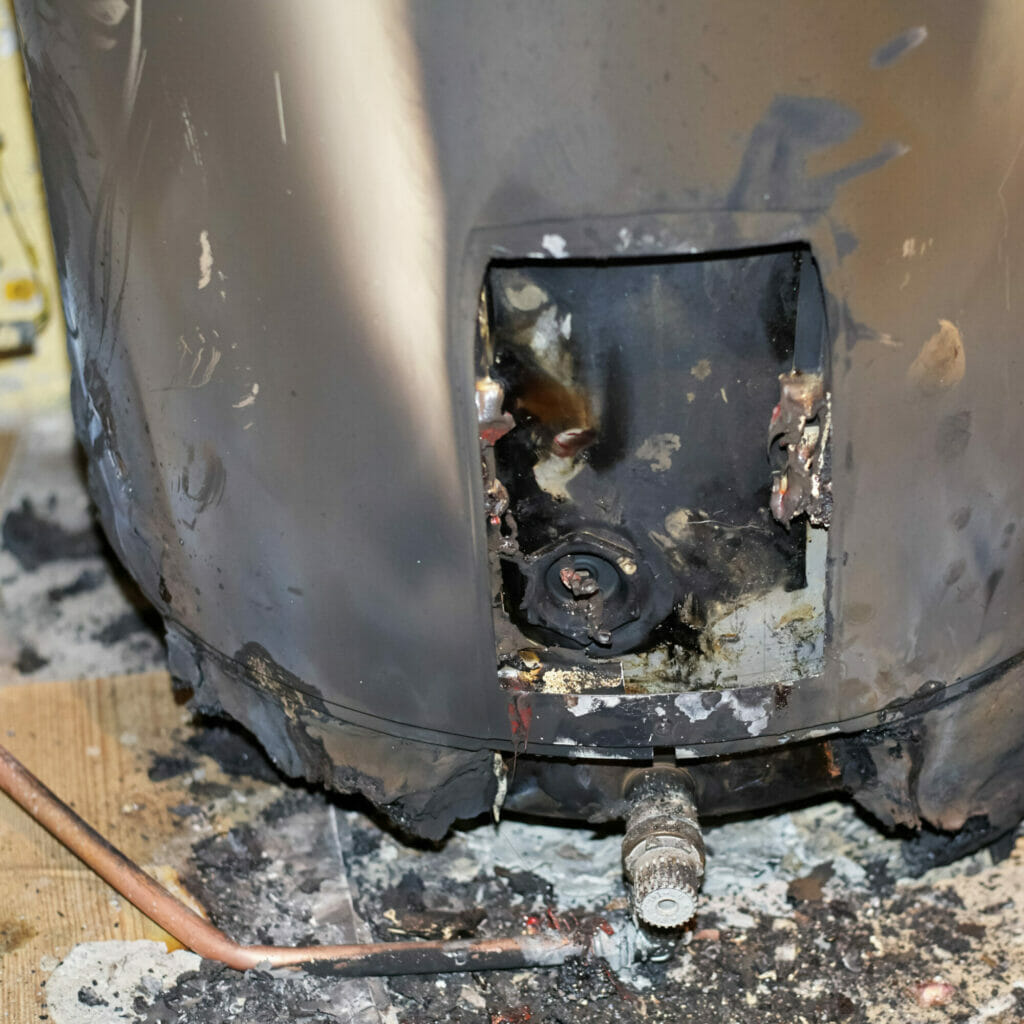
Which Heater Should I Choose?
Should you buy an electric or gas model? Which model will help me save money? Both types have their share of pros and cons, so it’s more about finding the right water heater that meets your needs.
Natural Gas
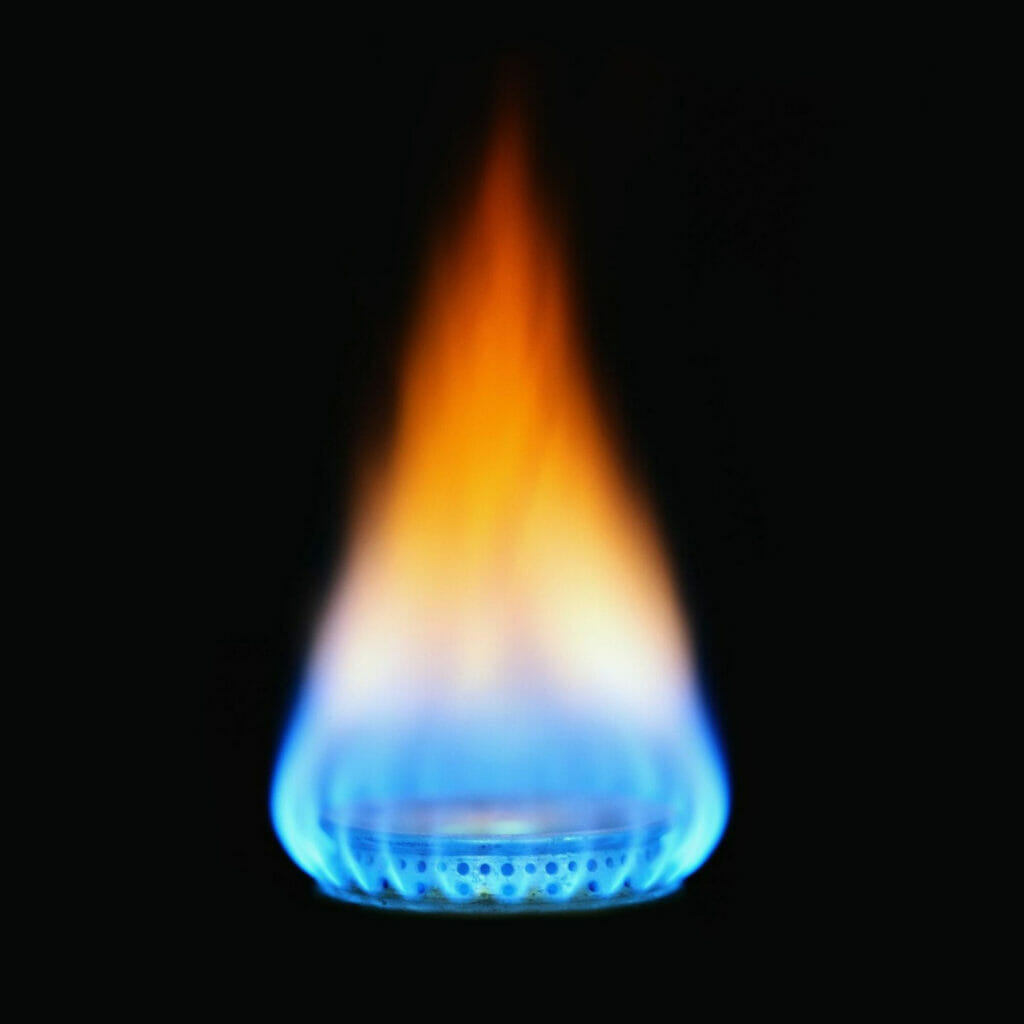
Gas heating units tend to heat water quicker. Save some money, these water heaters are more budget friendly because they have lower operating costs than electric models. Gas units are energy efficient and operate during power failures.
Electric
Electric water heaters are a cleaner option than gas heaters tend to be and have a wide range of sizes, and these units are much more budget friendly and saves you more money. Electric water heaters are safer than gas heaters because there is no gas line, burner, or pilot light. There is never a need to relight because there is no pilot light.
Due to their cleaner operation, this option lasts slightly longer than gas water heaters.
What Types of Water Heaters Are There?
If you are looking to buy a new water heater for your home and wondering what your options are, we’re going to break down the different types of water heaters available to choose.
Conventional Storage Tank
This is the most popular style of water heater and most familiar. This model features a tank that holds water to be heated. The tank is insulated so that when the water heats up, it remains warm until it is needed. This tank features two valves, the temperature control valve, and the pressure control valve.
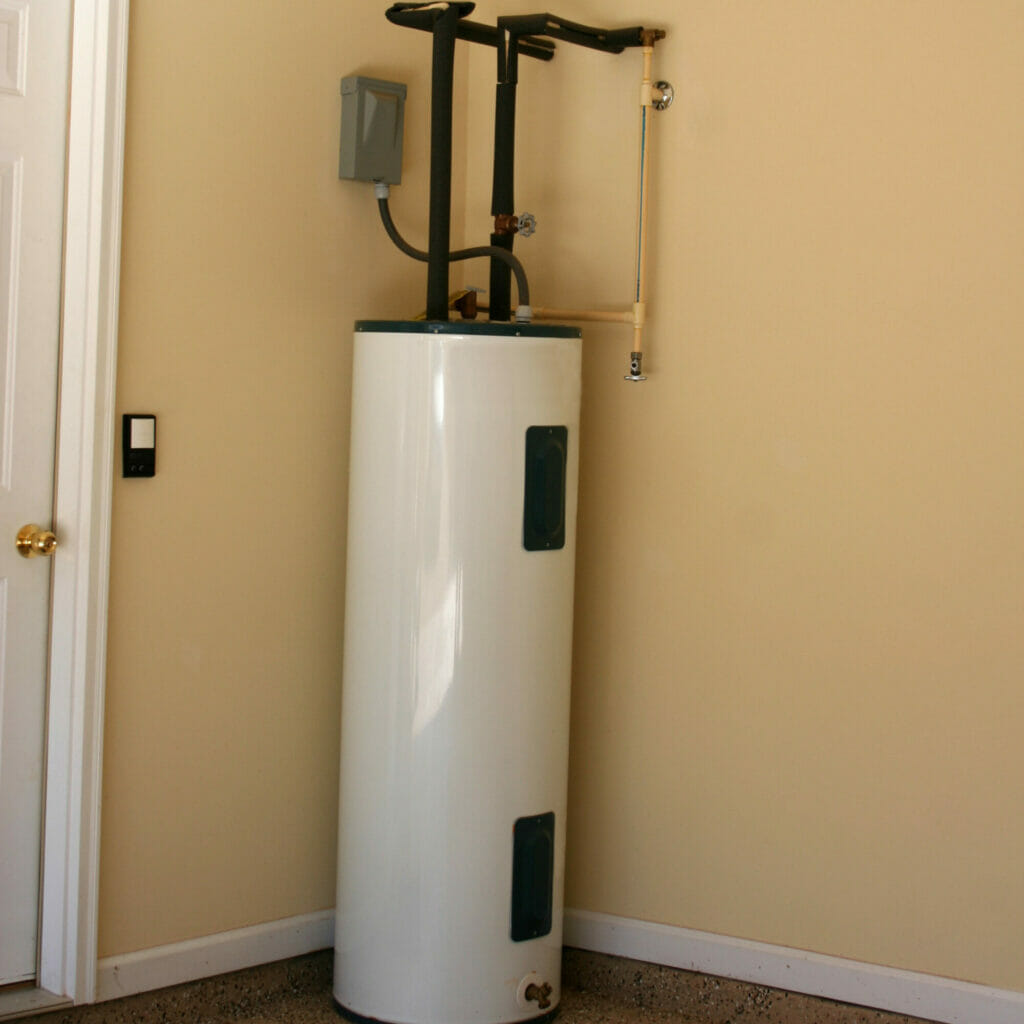
Tankless Water Heaters
Tankless water heaters have no tank and is also call an on-demand water heater. This type of water heater has super-heated coils that fill with water and heat water in a flash as you need it, supplying endless amounts of hot water. Tankless water heaters are great for heating water quickly, even for large families who need a large amount of hot water at once.
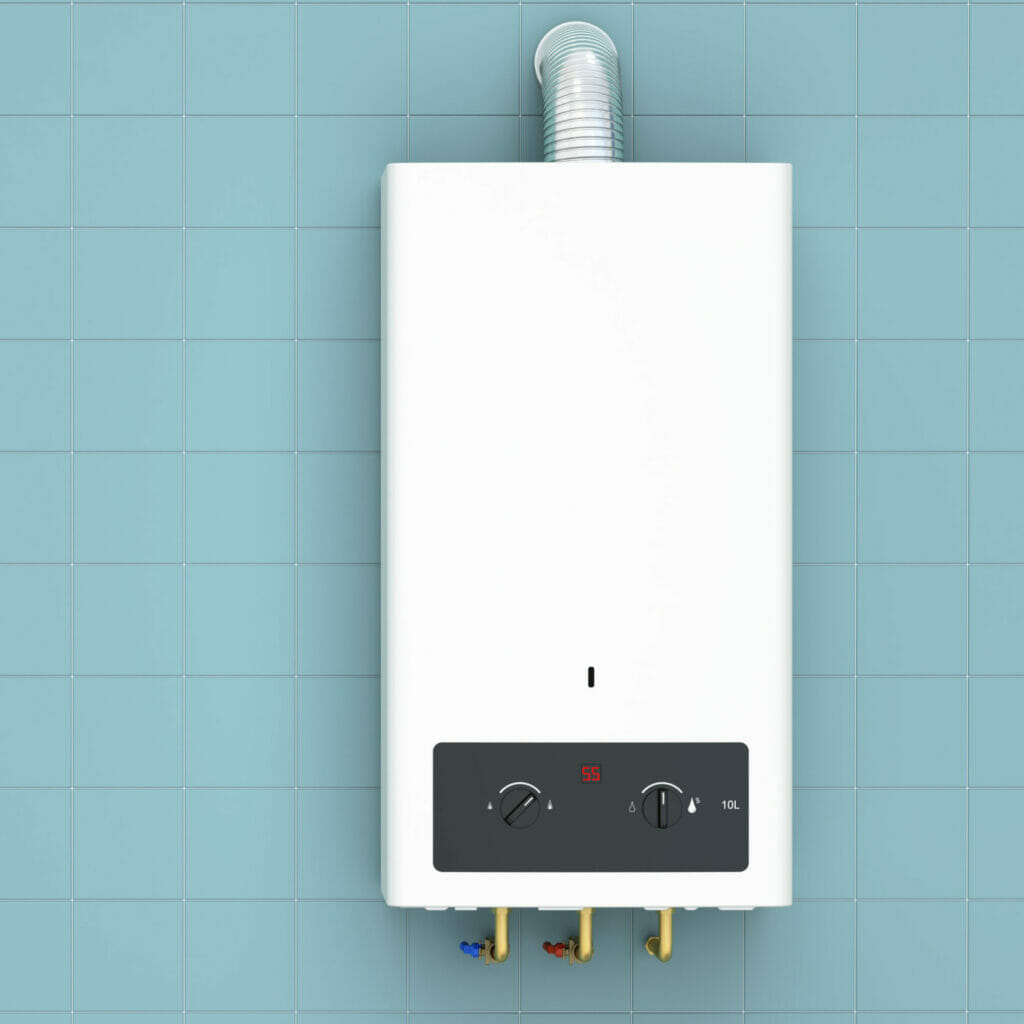
Heat Pump
This type of heater is also know as a hybrid unit. This is a unique system because it uses heat in the air and in the ground to heat water. This model uses less energy source from electricity because the electricity is only used to move heat from the ground or air to the water, instead of the alternative where electricity is used to generate heat.
Solar Powered
This is the most energy efficient system available. The energy is transferred to a closed loop system containing a heat-conductive material, which then heats the water in the tank. However, this system often requires a backup plan, such as natural gas or electricity, so that the water heater can continue to run on cloudy days.
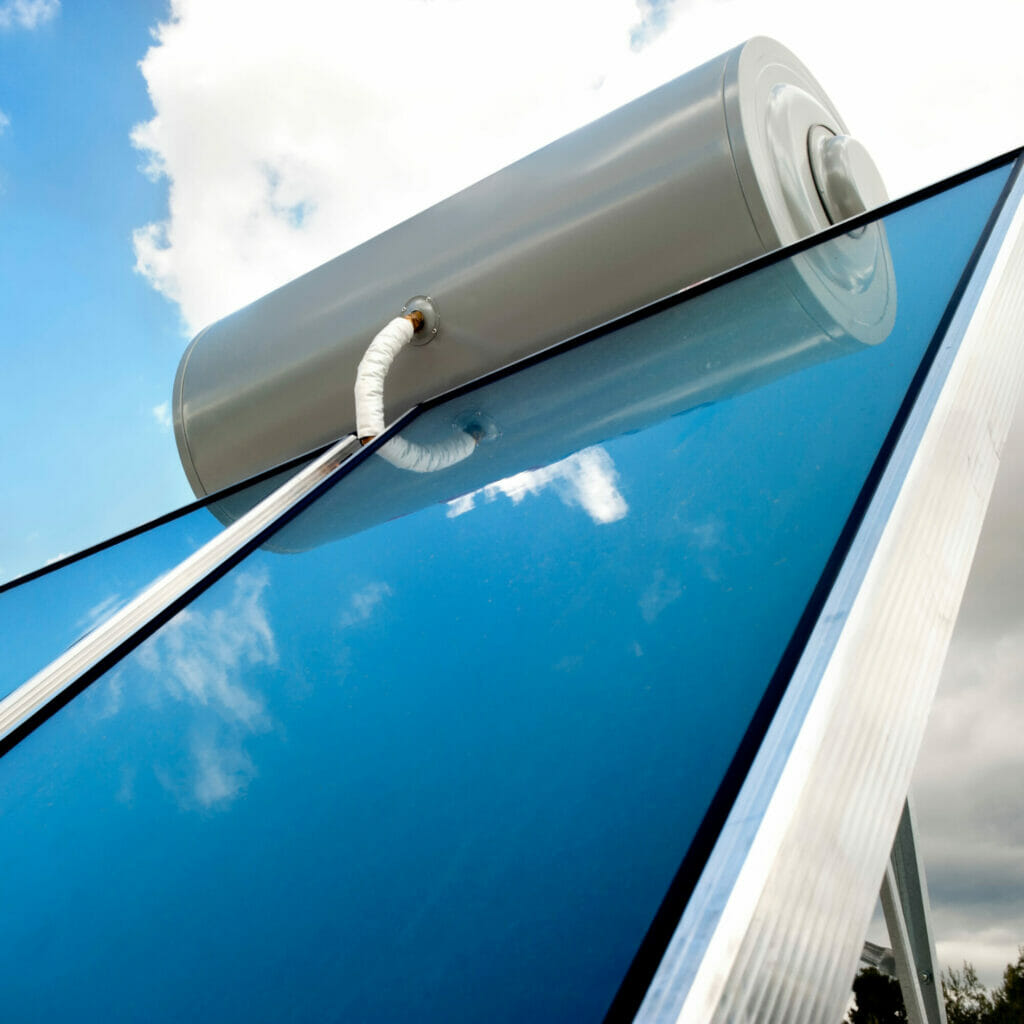
What Size Do I Need?
The decision of sizing the right heater will differ from family to family to choose the best one. The size of your heater will vary depending on your water usage habits. Deciding on the properly sized water heater for your house is extremely important. If you purchase a unit that is too small, you may be forced to shower with cold water, or your water heater is forced to work harder. Overrun water heaters lead to costly repairs and tune-ups.
Determining Your Water Usage
In order to figure your household water usage, you will need to review your water usage habits and determine your heaviest water usage hour. If everyone showers in the morning and you’re running the dishwasher to clean your morning dishes, that could be your heaviest time of day. On average, 10 gallons of warm water are used in an average shower multiply that by the number of people showering in the morning and don’t forget the dishwasher. It takes about 6 gallons of water for an average dishwashing cycle. Put those two factors together and that gives you a rough estimate so you don’t run out of hot water.
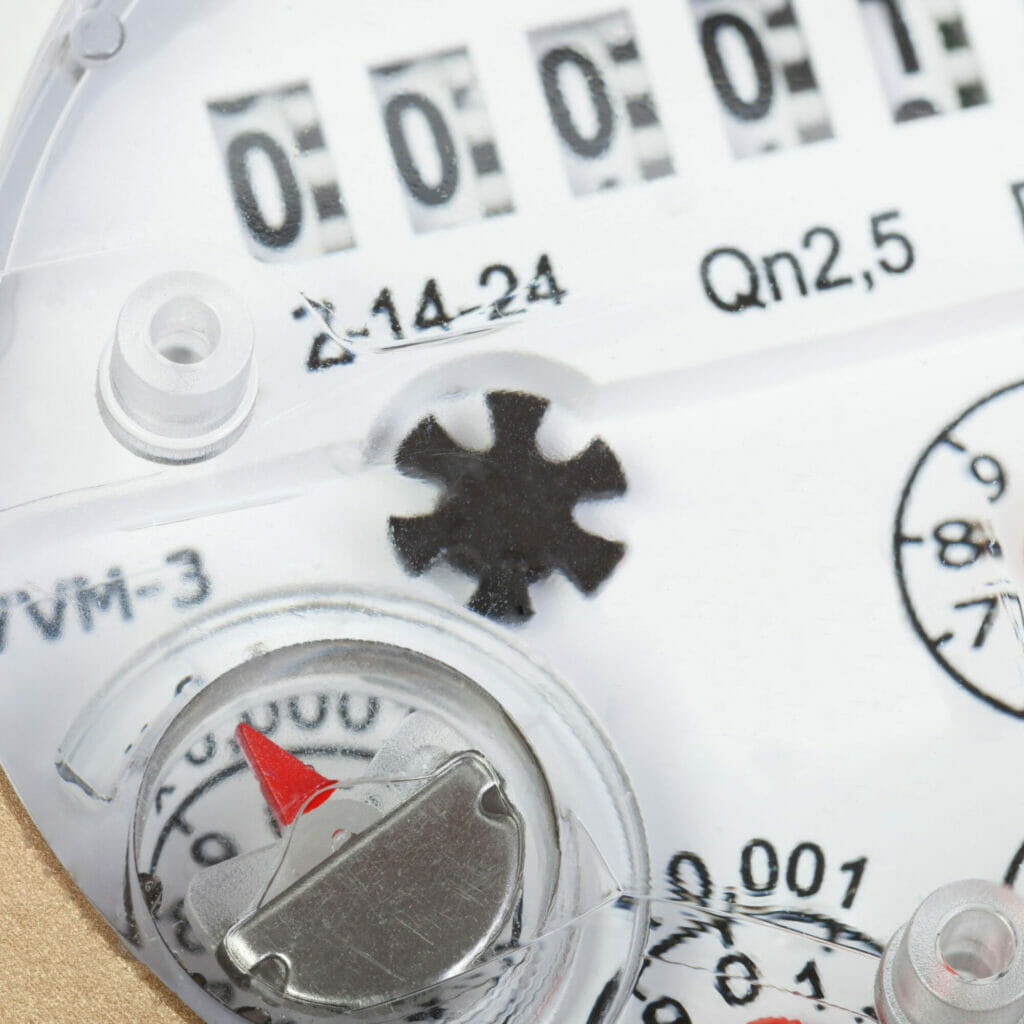
Contact Us
If you need help with sizing a water heater, need water heater repairs, or a new water heater, we can help! If you have a question, we have an answer. Whether you are looking for traditional storage tanks, tankless options, or different types in between, we are ready to help you out.
Knowing when to replace your water heater requires the homeowner’s attention to make routine inspections to their water heater, noticing any sign of malfunction. If your water heater starts to display any signs as we described, it’s time to call a professional to take a look at your water heater. Intown Plumbing can service all your water service needs. Contact us today!

